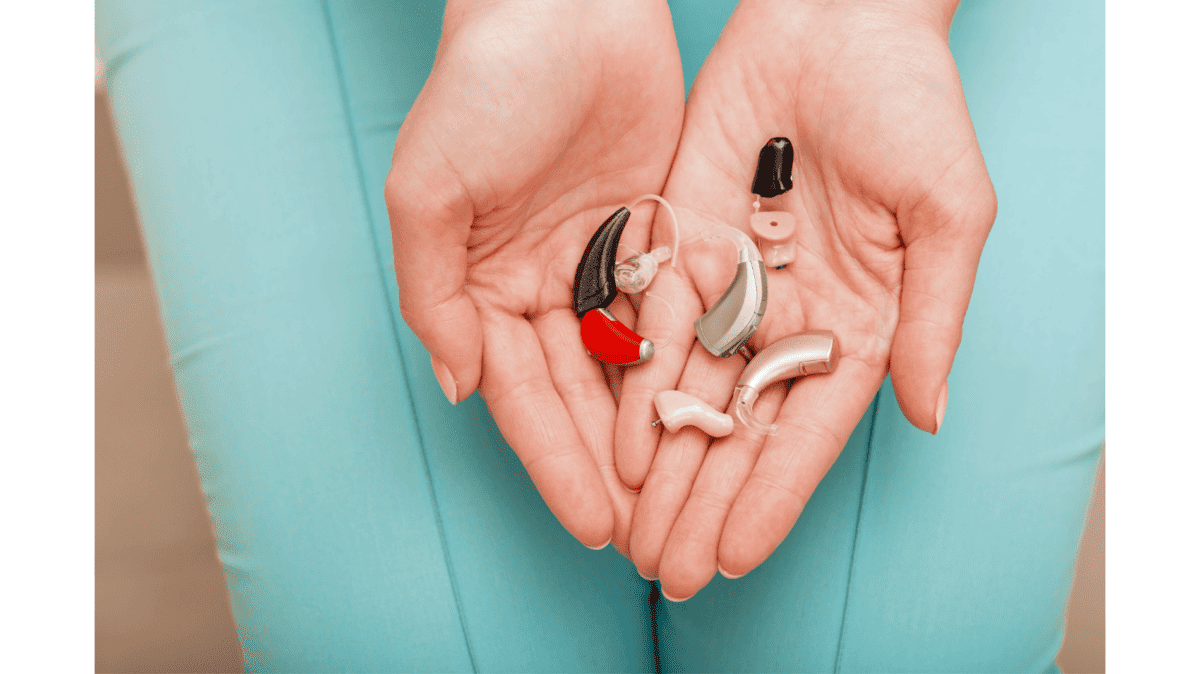- Volunteering for Hearing Health Causes - May 27, 2025
- Questions to Ask During Your Hearing Health Appointment - May 16, 2025
- Exploring Alternative Therapies for Hearing Loss - May 6, 2025
As technology continues to advance, so does our approach to hearing health. One notable stride in this journey is the advent of over-the-counter (OTC) hearing aids. These devices promise accessibility, affordability, and a renewed sense of empowerment for those seeking better auditory experiences.
Embracing Accessibility for All
Over-the-counter hearing aids represent a paradigm shift, breaking down barriers that have traditionally hindered access to hearing solutions. Designed to be more accessible and affordable, OTC hearing aids empower individuals to take control of their hearing health journey independently.
Understanding Over-the-Counter Hearing Aids
OTC hearing aids can be obtained without a prescription, allowing individuals to explore hearing solutions at their own pace. This accessibility removes some of the traditional barriers associated with acquiring hearing aids. However, this also means that you may not have the support you need to find a device that matches your hearing needs.
User-Friendly Design
Designed with simplicity in mind, OTC hearing aids aim to be user-friendly. They often feature easy-to-use controls, making them suitable for individuals who may not have prior experience with hearing devices.
Affordable Options
Affordability is a cornerstone of OTC hearing aids. By providing cost-effective alternatives, these devices cater to a broader demographic, ensuring that hearing solutions are within reach for more individuals.
The Benefits of Over-the-Counter Hearing Aids
Here are some of the benefits of over-the-counter hearing aids:
- Independence and Empowerment: OTC hearing aids empower users to take charge of their hearing health independently. The ability to purchase and manage their devices fosters a sense of control and autonomy over their auditory well-being.
- Cost-Effective Solutions: The affordability of OTC hearing aids makes them an attractive option for individuals who may have previously hesitated to explore traditional hearing solutions due to cost constraints.
- Tailored to Mild to Moderate Hearing Loss: OTC hearing aids are generally suitable for individuals with mild to moderate hearing loss. This makes them a practical choice for those who have trouble in specific listening situations but do not require highly customized solutions.
The Drawbacks of OTC Hearing Aids
While over-the-counter (OTC) hearing aids offer increased accessibility, they come with some limitations.
- Limited Customization: OTC devices lack customization for unique hearing profiles and may not be suitable for severe hearing loss.
- Poor Performance: Users miss professional guidance, risking improper use and potential dissatisfaction.
- Lower Sound Quality: Sound quality, though improving, may not match prescription alternatives.
- Less Support: OTC aids don’t monitor hearing health, and users might delay seeking professional help.
- Not Suitable for Severe Hearing Loss: These devices may be incompatible with certain types of hearing loss.
As individuals weigh benefits against drawbacks, consulting a hearing health specialist can help you make a decision that’s right for you.
Should You Get OCT Hearing Aids?
Before venturing into the world of OTC hearing aids, consulting a hearing health specialist is recommended. These professionals can assess individual hearing needs, provide guidance on choosing suitable devices, and offer insights into proper usage.
OTC hearing aids may have limitations in addressing certain types and degrees of hearing loss. It’s essential to have realistic expectations and seek professional advice to determine the most appropriate solution for their specific needs.
Regular Check-ups
While OTC hearing aids allow for independent management, regular check-ups with a hearing health specialist are still crucial. These check-ups ensure that you are maximizing the benefits of your devices and addressing any changes in your hearing health.
The Role of the Hearing Health Specialist
While OTC hearing aids offer a self-directed approach, the guidance of a hearing health specialist is incredibly important. These professionals play a pivotal role in offering education, ensuring proper usage, and addressing individual hearing needs.
Celebrating a New Era in Hearing Health
The introduction of over-the-counter hearing aids heralds a new era in hearing health—one characterized by accessibility, affordability, and individual empowerment. As individuals consider OTC hearing aids, it’s crucial to weigh the benefits against the drawbacks and make an informed decision based on your individual needs and preferences.
If you’re exploring OTC hearing aids, book a hearing test to find out more about your hearing loss. This will help you maximize the benefits of your devices, and make sure your hearing aids are a perfect fit. We’ll help you find the right solutions for your hearing needs.

